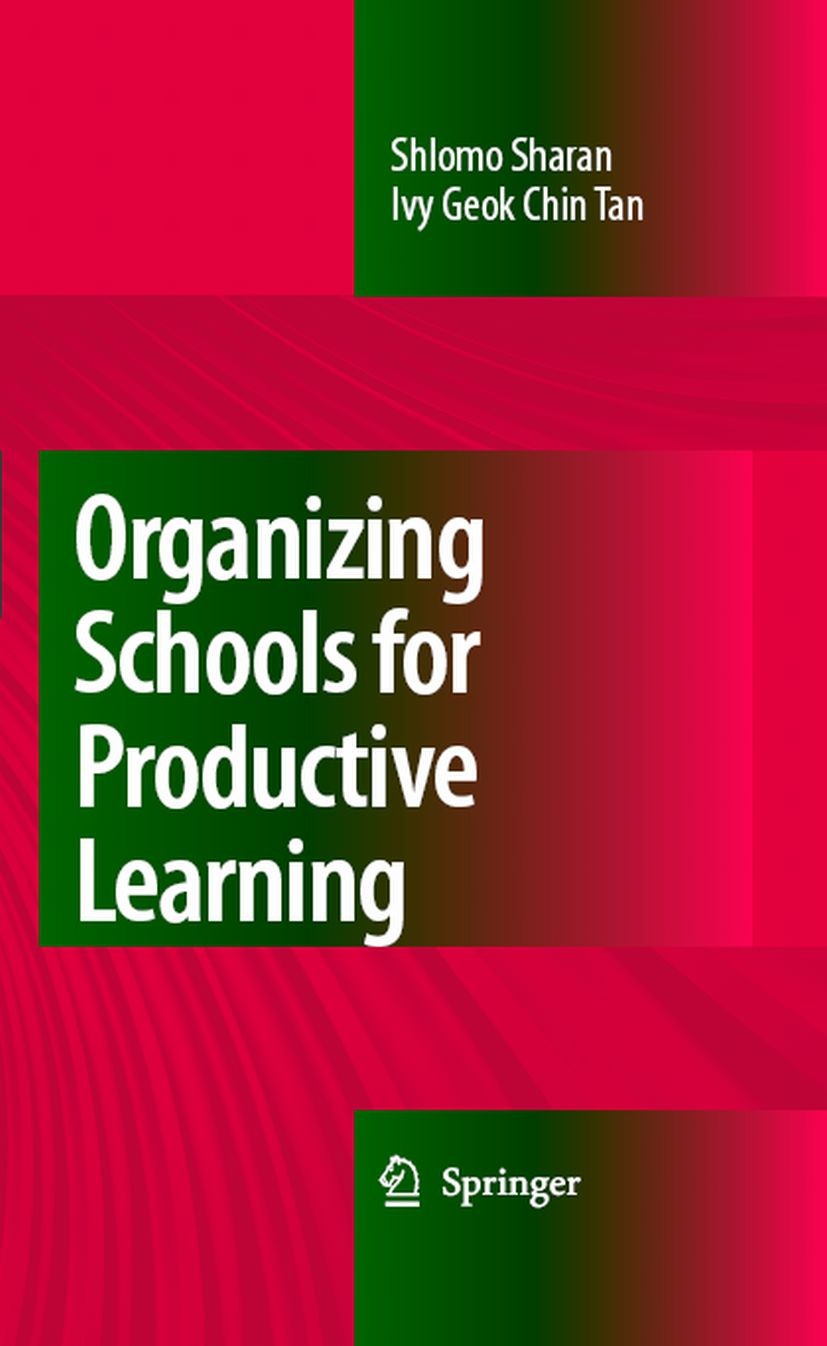| 书目名称 | Organizing Schools for Productive Learning | | 编辑 | Shlomo Sharan,Ivy Geok Chin Tan | | 视频video | http://file.papertrans.cn/705/704465/704465.mp4 | | 概述 | Discusses organizing schools for the new information age.Discusses productive and engaged learning.Discusses responsive schools to the new era.Discusses schools as communities.Discusses communities as | | 图书封面 |  | | 描述 | A major problem confronting schools is that many students are turned off from learning and are bored. Boredom is destructive of learning. The No Child Left Behind (NCLB) initiative of the US government (2001) stemmed from the claim – accompanied by sharp debates pro and con – that many schools in the United States fail to achieve basic educational objectives, and that many schools are doing a poor job for a wide variety of reasons and surely not just because of student boredom (Brigham, Gustashaw, Wiley, & Brigham, 2004; Essex, 2006; Goodman, Shannon, Goodman, & Rapoport, 2004; Sunderman, Tracey Jr. , Kim, & Orfield, 2004). The model of school organization and instruction presented here seeks to provide an effective plan for significant improvement in secondary school education, one of whose central aims is to make students genuinely engaged in what they are learning. The NCLB legislation emphasizes, inter alia, the need for school improvement. Without it one cannot reasonably anticipate improvement over current levels in student engagement in learning and in academic achievement. The NCLB literature frequently employs the term “school improvement” to refer to the quality of the te | | 出版日期 | Book 2008 | | 关键词 | Curriculum; Evaluation; Integration; John Dewey; education; learning; productive learning; school organizat | | 版次 | 1 | | doi | https://doi.org/10.1007/978-1-4020-8395-2 | | isbn_softcover | 978-90-481-7866-7 | | isbn_ebook | 978-1-4020-8395-2 | | copyright | Springer Science+Business Media B.V. 2008 |
The information of publication is updating

|
|
 |Archiver|手机版|小黑屋|
派博传思国际
( 京公网安备110108008328)
GMT+8, 2026-2-9 13:12
|Archiver|手机版|小黑屋|
派博传思国际
( 京公网安备110108008328)
GMT+8, 2026-2-9 13:12


